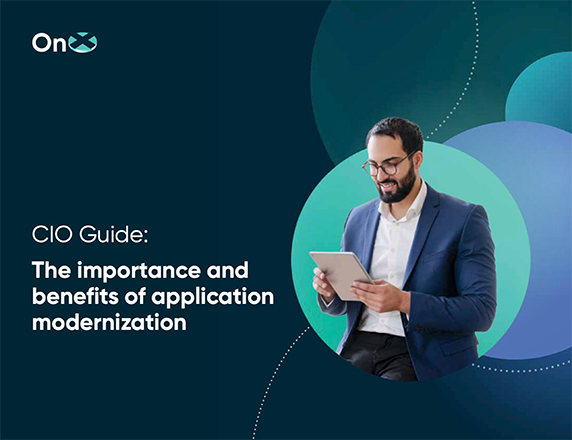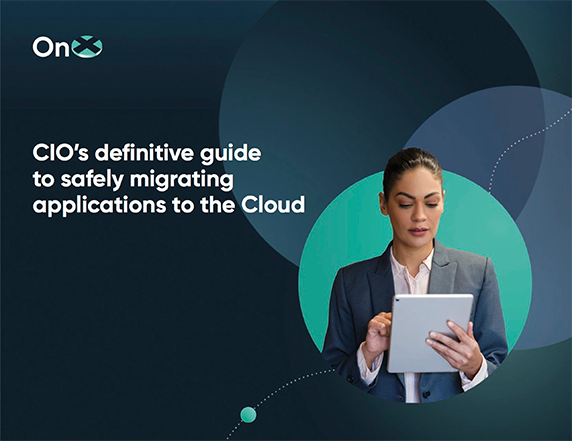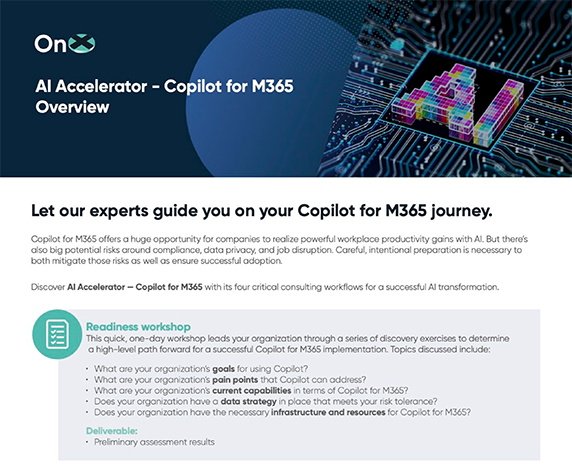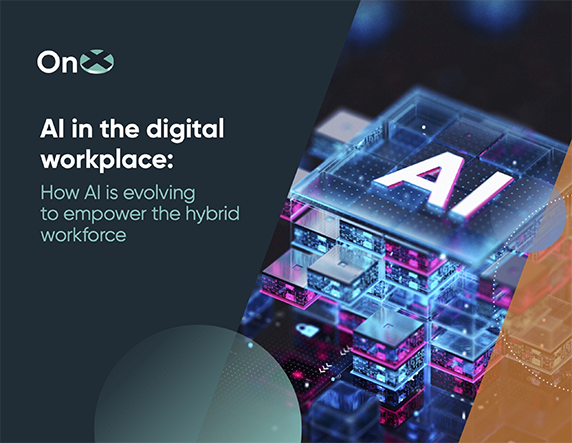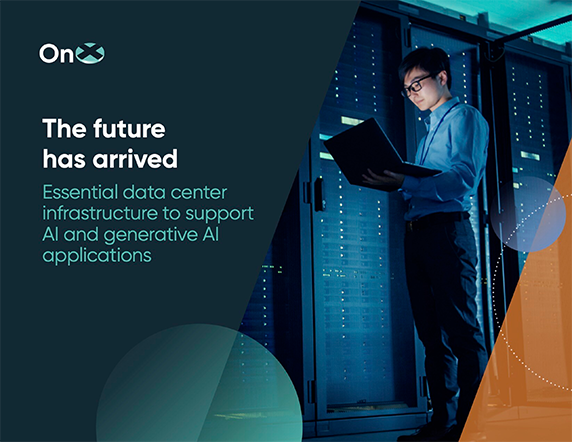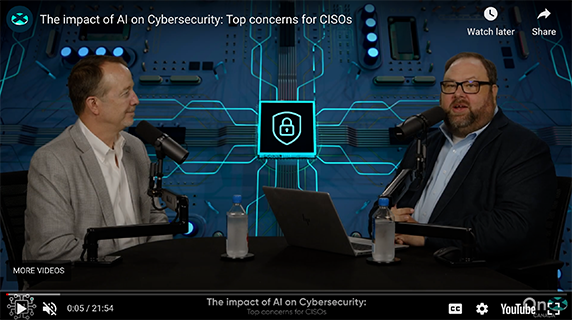
Retailers finally have the tools they need to lock in customer loyalty and fend off competitors. One of the best toolsets comes from Salesforce Commerce Cloud, which lets retailers fold artificial intelligence and predictive analytics into the mobile-first, customer-focused strategies they need to succeed today.
When implemented well, Commerce Cloud technology enables unique shopping experiences that keep customers coming back and boost conversion rates. In a recent engagement with leading retailer Warehouse One (The Jeans Store) OnX was able to customize Salesforce Commerce to match the brand experience they were looking to deliver and almost immediately they doubled their online transaction conversions.
Add in Salesforce Commerce Cloud’s revenue-sharing model, which gives Salesforce and its clients a strong motivation to work together, and you’ve got one of the most robust eCommerce platforms out there today.
But for all this potential, implementing Commerce Cloud can be a complicated undertaking.
Doing it right requires:
- Integrating APIs and apps for shopping carts, inventory, fulfillment, and ERP
- Crafting intuitive, engaging, and responsive mobile interfaces
- Mining the most value from massive volumes of data
Retailers trying to do all this themselves risk creating an enormous distraction for their IT teams, who still have to keep current systems running at full performance while building new ones. That’s why so many retailers work with technology partners like OnX.
We’ve had excellent results helping retail clients engage customers and boost revenues with Salesforce Commerce Cloud. Our edge boils down to three core competencies:
Strategic approach
More than three decades of technology integration work has taught us that there’s no substitute for understanding the full scope of a company’s challenges — their marketplace, customers, vendors, and existing technologies.
That’s why we sit down with key stakeholders and ask all the right questions about what our retail clients want to achieve. We want to know about the peculiarities of customer behavior and the challenges of getting vendors and suppliers on board when technologies change.
All these insights help us design a system optimized to meet our clients’ specific goals. If you’re a brand adding direct-to-consumer sales, you won’t get the same recommendations as a regional retailer adding eCommerce capabilities for 150 stores. Similarly, smaller eCommerce operations might best be hosted entirely in the cloud, while large enterprise chains may be better off with a hybrid public/private cloud infrastructure.
All the while, we’re figuring out how to optimize Commerce Cloud’s expansive feature set to accommodate all these specialized needs.
Canadian Retailer Warehouse One Turns to OnX to Transform Its eCommerce Strategy
Full-stack capability
For starters, we have specialists trained to get full performance from the Commerce Cloud platform. We also have creative talent for designing easy-to-use mobile and web interfaces, and veteran system architects who develop robust, secure, and scalable platforms that pull together front- and back-end systems.
We also can monitor and manage systems, provide backup and recovery strategies, and develop training and documentation. We also build out a retailer’s business analytics capabilities.
Retailers often have to choose one team to design the user experience, another team to develop the IT infrastructure, and potentially even more teams for security, hosting, backup, and support. A lot of retailers prefer having a single go-to provider for all these jobs.
We don’t just build the platform and solution and walk away. We build programs that maintain and continuously improve these solutions to ensure you always have the edge over your online competition.
Deep enterprise experience
OnX got its start developing data centers and applications for enterprise clients over 30 years ago. Since then we’ve strengthened partnerships with many of the biggest names in technology (Salesforce, IBM, Cisco, Oracle, HPE, etc.) because those are the companies that are continually to develop market-leading technologies that solve real business challenges.
Larger companies work in multiple market segments and verticals. They have staff in multiple geographies, conduct commerce in multiple currencies, speak many languages, and confront a galaxy of compliance challenges. We deal with these kinds of issues every day. That makes a tremendous difference for larger retail chains that have complex IT challenges and global brands that want to sell direct to consumers regardless of where they are around the world.
In essence, few companies can match our combination of strategic approach, full-stack capabilities and decades of enterprise IT experience.


